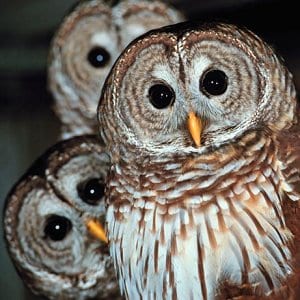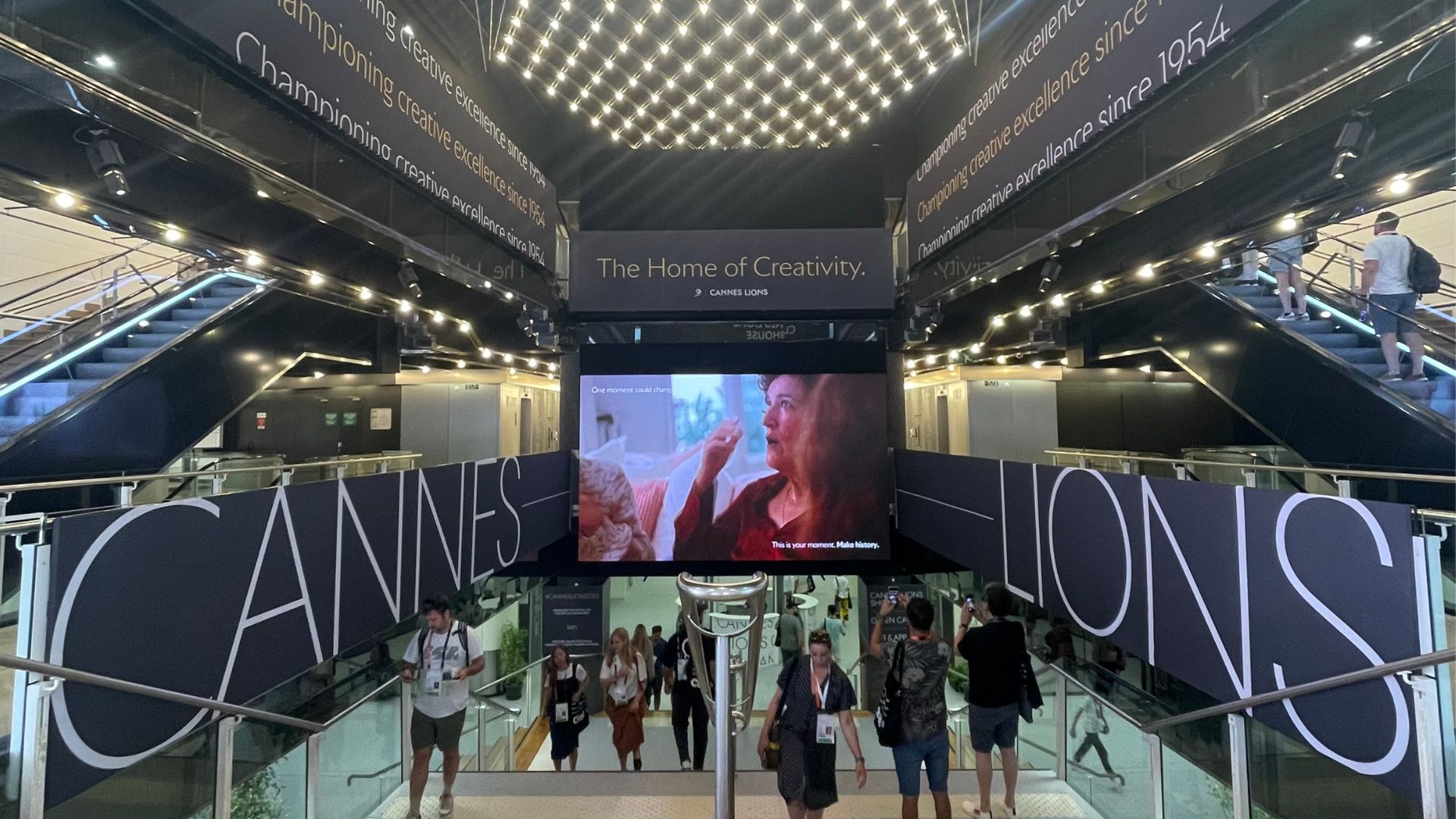 “Okay, you can have all that,” Ryan conceded, “but here’s the thing. You can’t have any owls.”
“Okay, you can have all that,” Ryan conceded, “but here’s the thing. You can’t have any owls.”
I hesitated; this might be a deal-breaker. Earlier that evening, I dreamed out loud about running away to start my own society on a remote island. Since then, my conversation with my friend Ryan had morphed into a game.
Each time I described an ideal feature of my imaginary paradise, he countered with an equally imaginary constraint – and so on into the night. The push and pull had been fun up to now, but owls are very charming birds – was eliminating them a step too far?
In improvisational comedy, the conventional wisdom states that collaborative creativity comes from accepting and then building upon the input provided by your partners – the shorthand is “Yes, and…” But Ryan and I were doing something slightly different – we were challenging each other. Though the rules were unwritten, we were competing to determine which of us would surrender to the most absurd premise. Would he refuse to comply with my demand for a natural spring flowing with pure, ice-cold vodka? Or would I buckle underneath the thought of a world without owls?
When it comes to brainstorming and creating in collaborative groups, “Yes, and… “ doesn’t always need to be a warm, cuddly thing – it can be a provocation. “Yes, you’ve decided to chase my car down the freeway, and I’m retaliating by emptying a box of nails out my window to pierce all your tires.”
This is something that dovetails nicely with recent skepticism about traditional brainstorming models, which accept all ideas as equal within the context of the session itself. I believe that deep beneath the supposedly level playing field of a regular brainstorm there lies a hidden nugget of competitiveness – like the troublesome pea under the princess’s mattresses. Whenever you build upon an idea, you change it fundamentally, altering its shape and tenor and changing the direction of the conversation. The social dynamics of a well-facilitated brainstorm provide shelter for the less loudly-voiced ideas – but in the end, the very nature of dialogue can gravitate just as easily toward contrast, distortion and dissent, as it can toward calm and consensus.
If this is the case, why not take it a step further? If you can gather a few particularly fearless and energetic minds, why not add an overt spirit of friendly competition to the mix? If the conversation is a ball, volleyed back and forth by the idea-makers, we should feel comfortable hitting it with vigor, brio and an intention to win. Victory here doesn’t mean getting the highest score, but rather surprising your opponent and making him or her work a little harder to knock you out with an unpredictable response. It wouldn’t work for every circumstance, of course, and we still want to observe good sportsmanship, but a little skin in the game can be a healthy thing.
So what happened to the owls? Well, I managed to negotiate an exception that I could have them, so long as they were flightless – but, by creating an entirely new species, I now had possession of a unique animal that was far more special than regular garden-variety owls could ever have been. Let’s see if this kind of oppositional play can yield something just as serendipitous in the real world – and change the game for our clients in the process.
Image credit: www.hamburgschools.org


